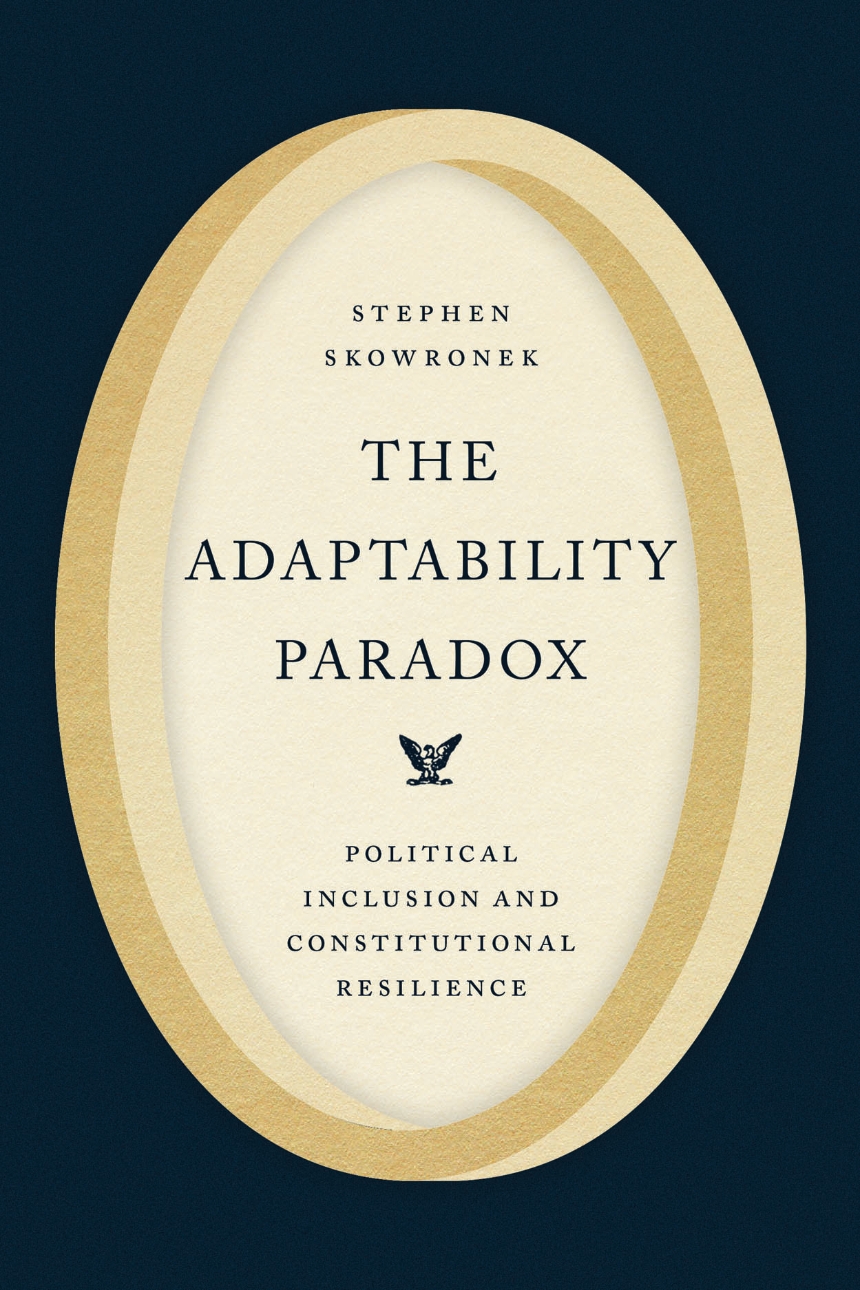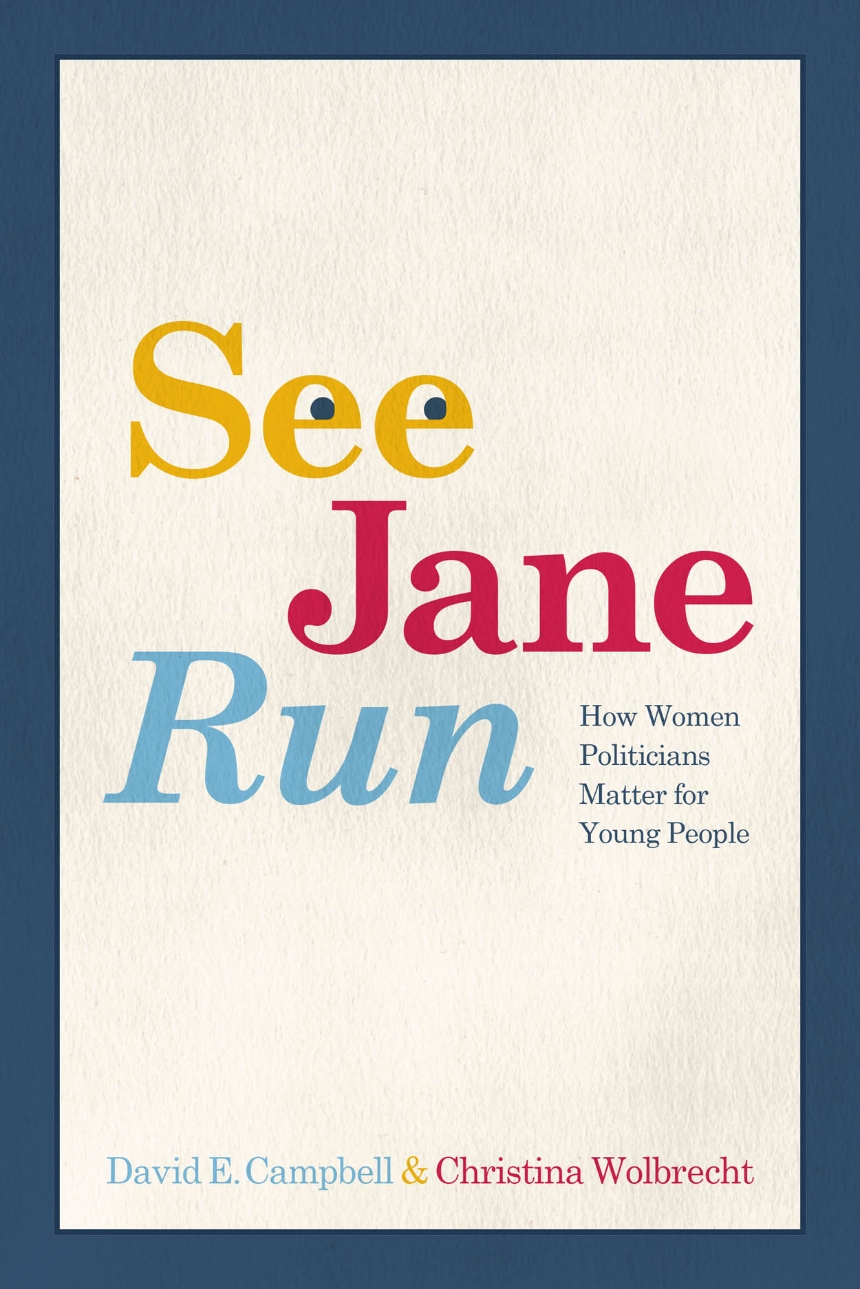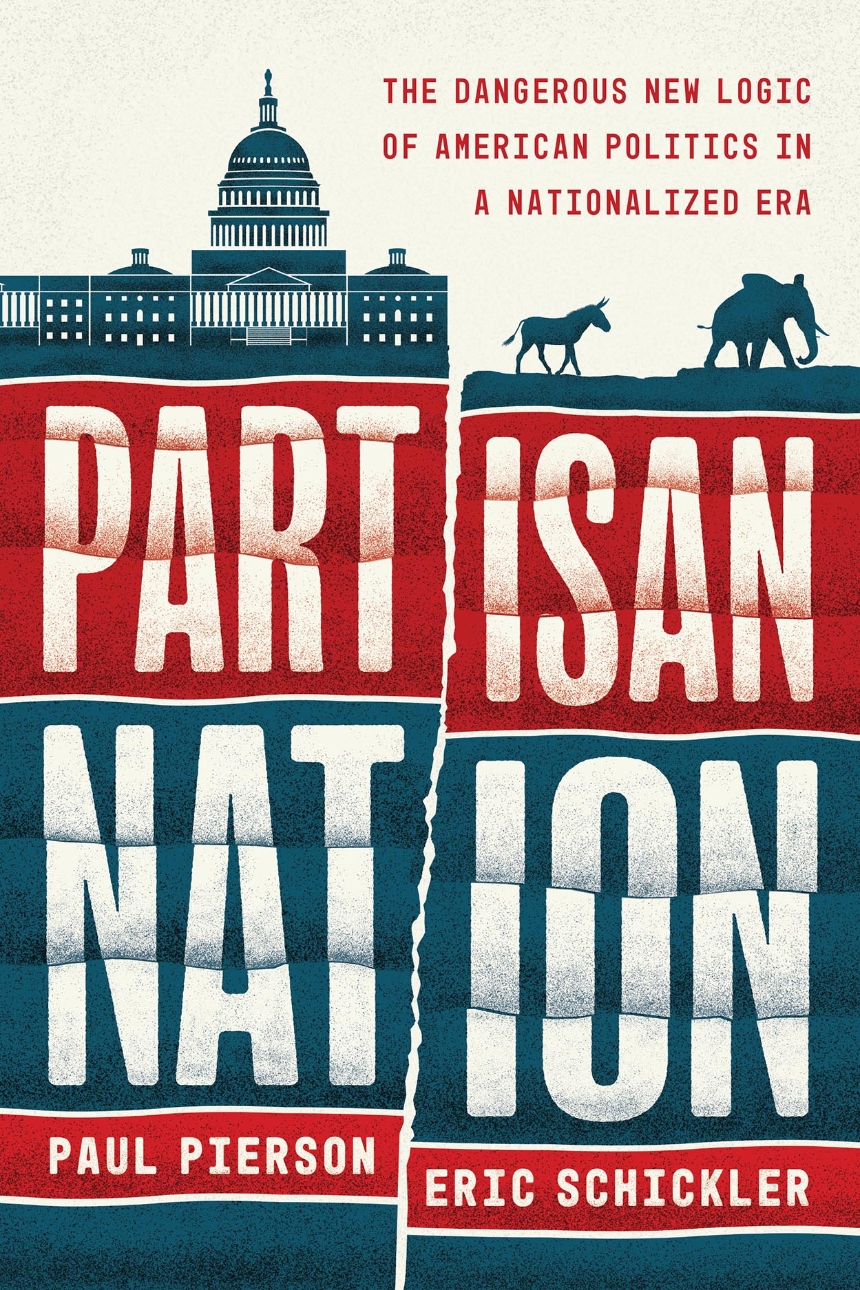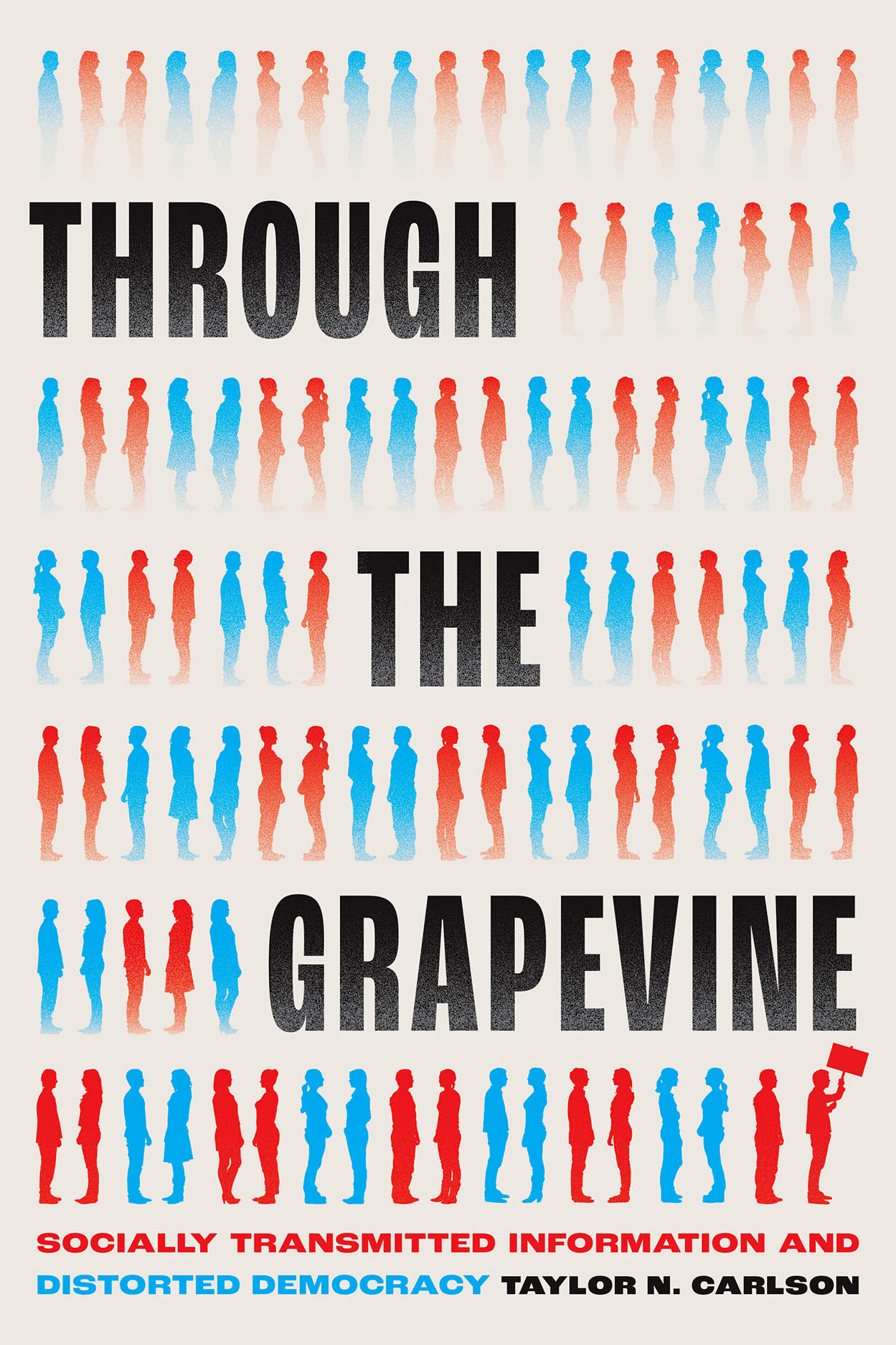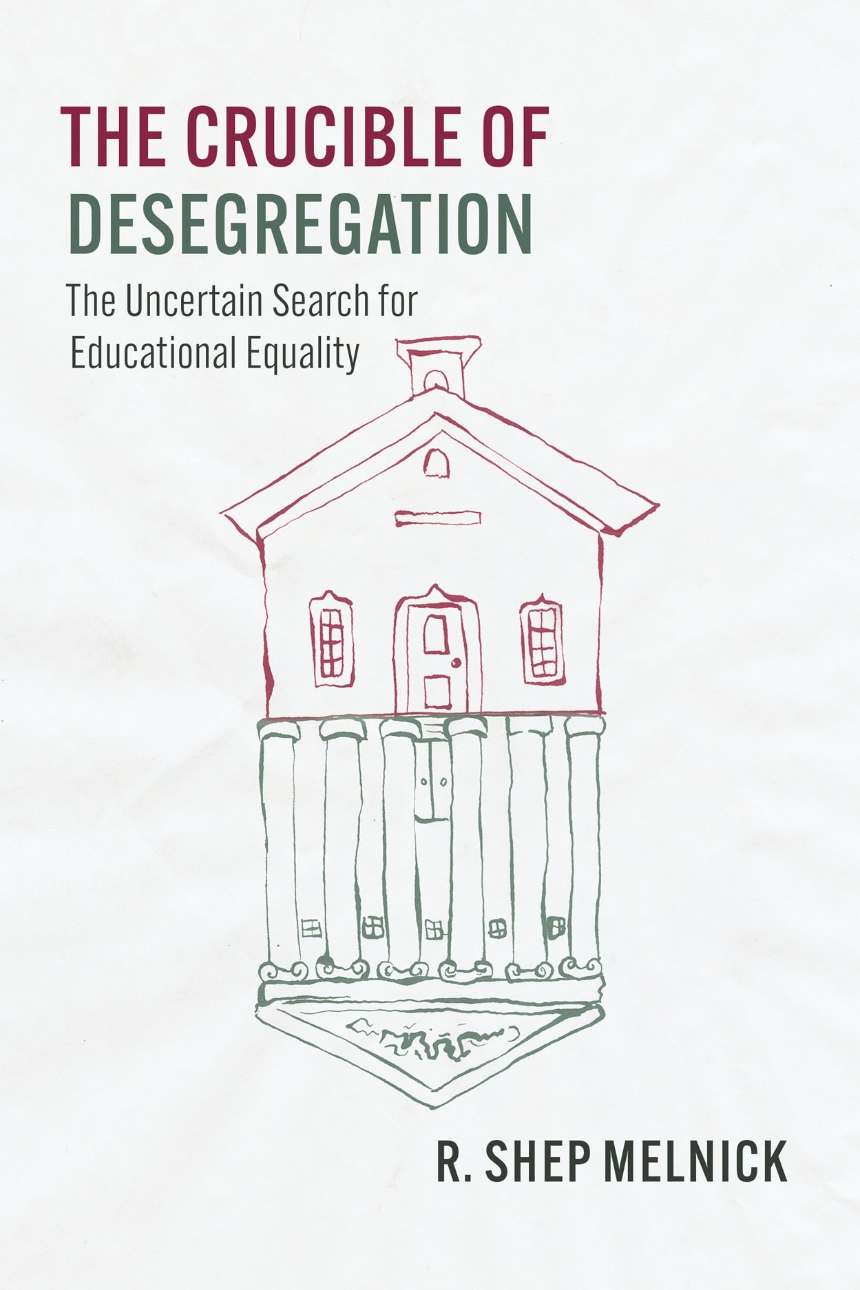Faith in the resilience and adaptability of the US Constitution rests on a long history of finding new ways to make the system work. In
From rising polarization to climate change, today’s politics are leaving many Western democracies in the throes of malaise. In The Sad Citizen, Christopher Ojeda draws
Does today’s political moment have you asking “How did we get here?” If so, we have a reading list that includes histories of American commerce
In today’s never-ending news cycle, it can be hard to stay grounded and make sense of the flood of information. So, we offer here a
Since the 1960s, American liberalism and the Democratic Party have been remade along professional class lines, widening liberalism’s impact but narrowing its social and political
The Journals Division of the University of Chicago Press publishes more than 90 journals covering subjects from the humanities to the life sciences and historical
Ahead of the 2024 Presidential Election, today’s politics reflect one of the most polarized ideological landscapes in US history and, as a result, America’s democratic
As Americans digest the first—and possibly last—Presidential Debate, many questions now loom even larger than before concerning the future of American democracy. Today’s politics reflect
While US citizens prepare for the 2024 Presidential Election, important questions have arisen concerning how we discuss politics. In Through the Grapevine, political scientist Taylor
As of May 17, 2024, it has now been seventy years since Brown v. Board of Education, the pivotal case that declared that separating children
